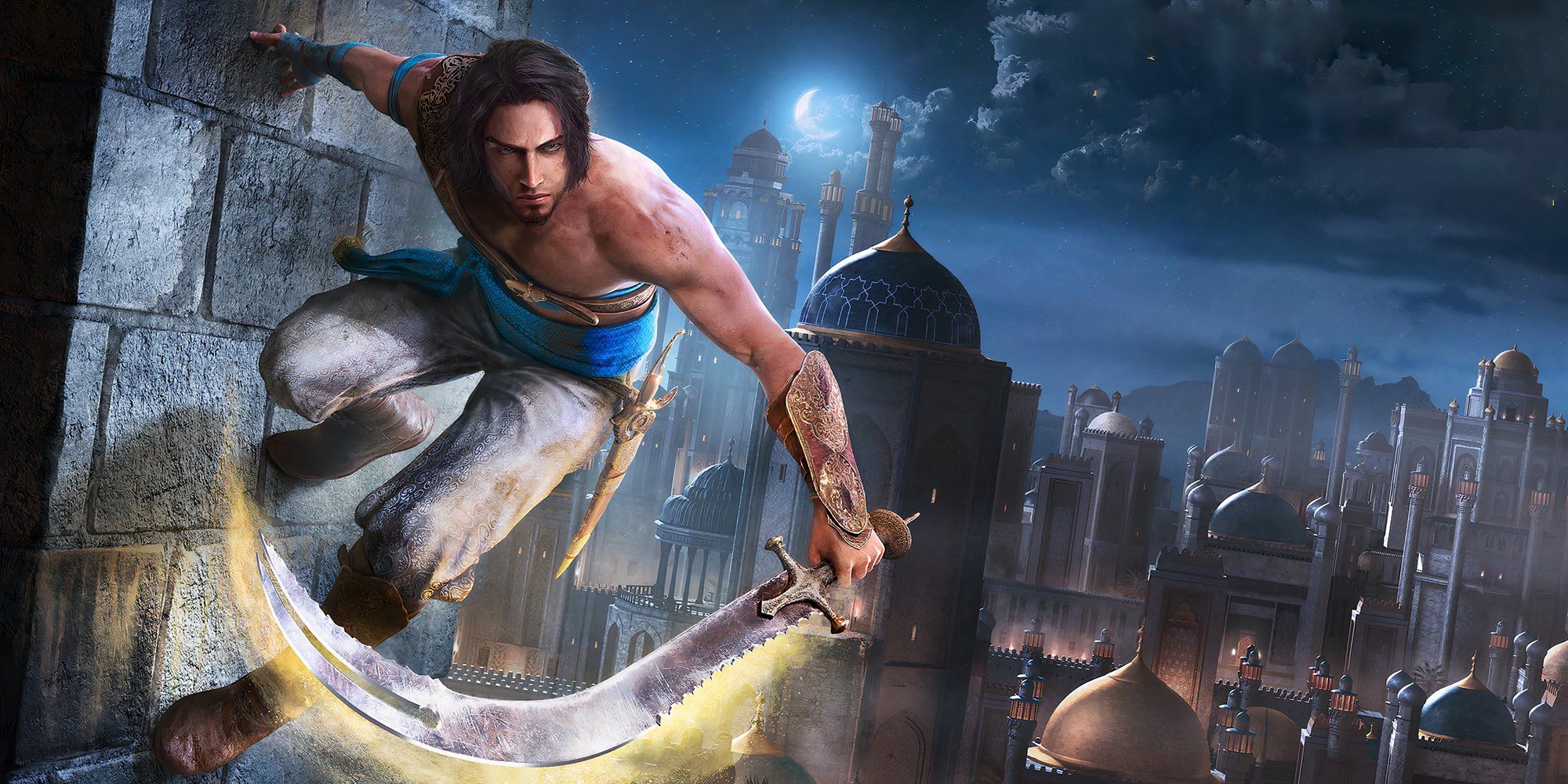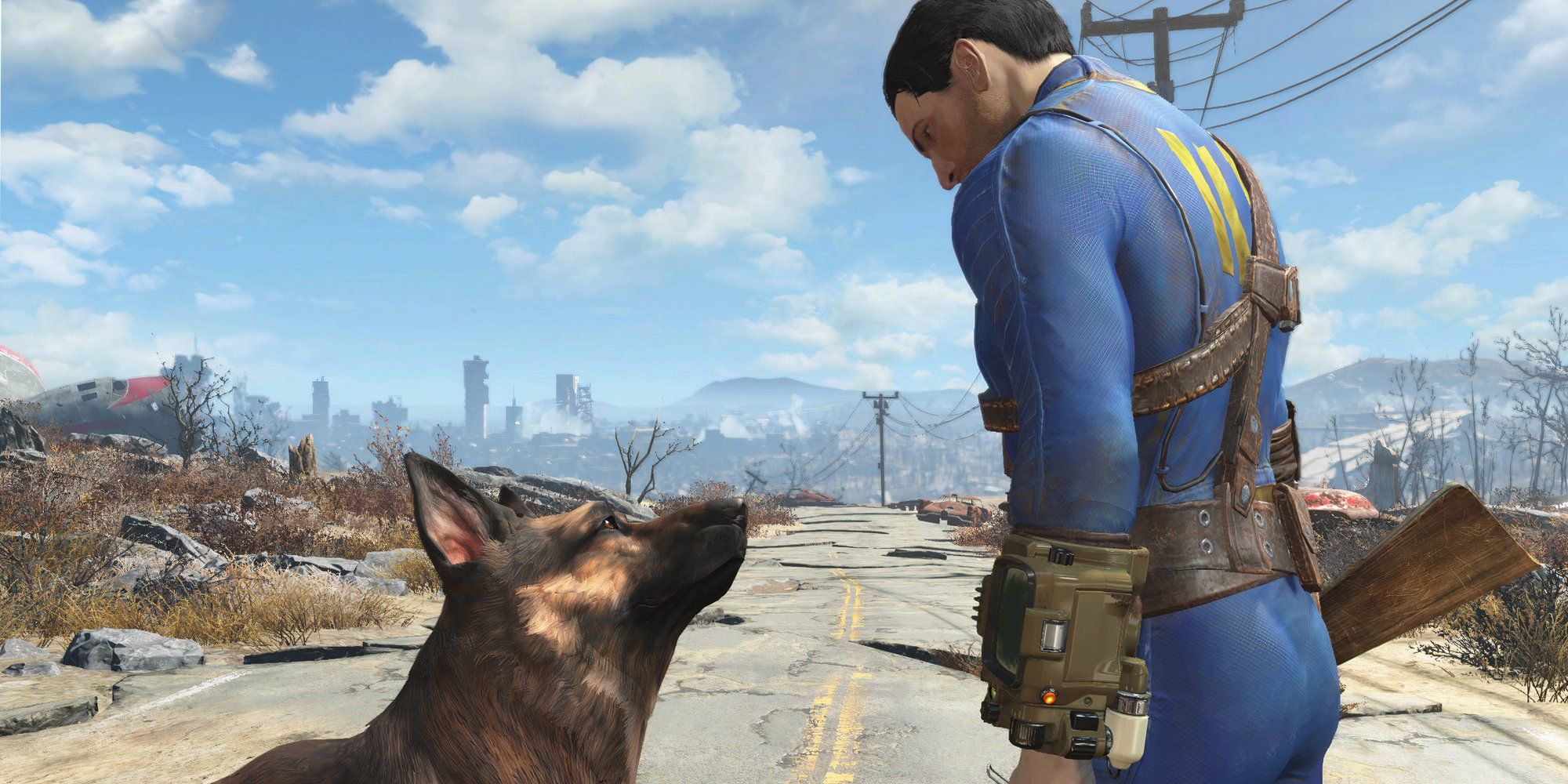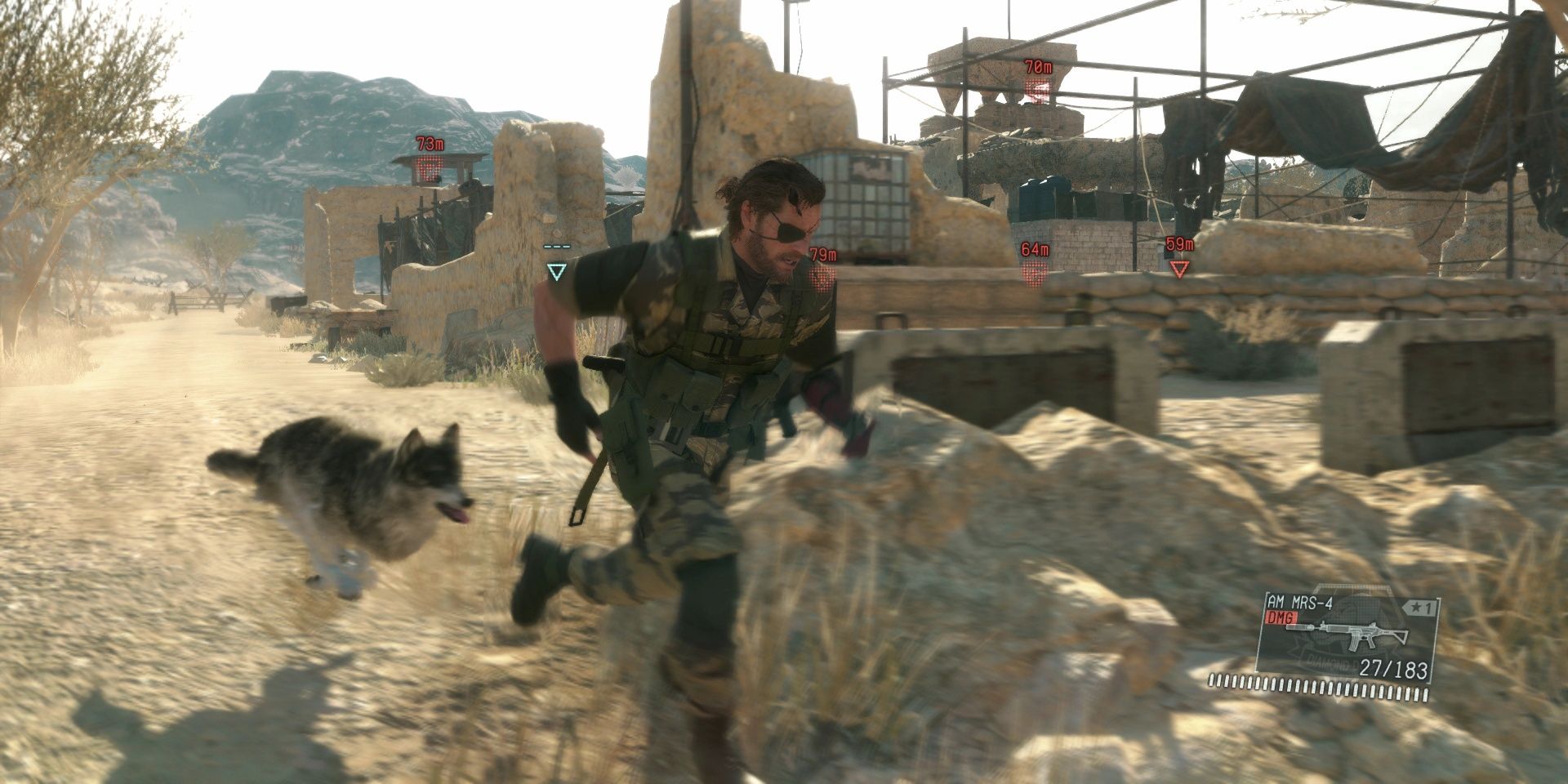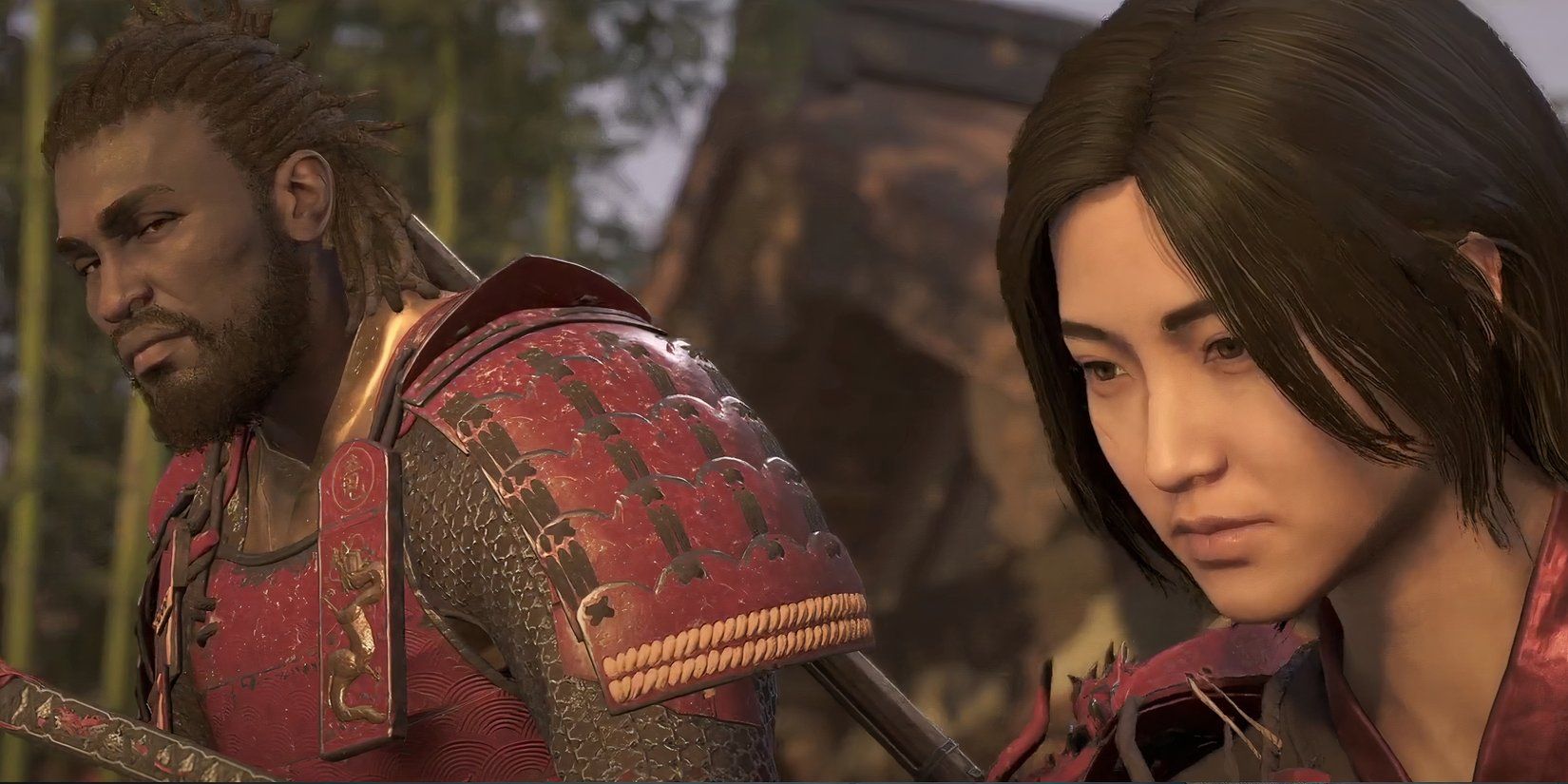
The video game industry has had a long and storied history. As a medium intricately intertwined with evolving technology, each technological breakthrough ushers in significant transformations in interactive entertainment.
This constant evolution has allowed numerous video game series to adapt over time, keeping pace with the latest advancements and market dynamics. However, this adaptability often leads them to drift away from the core elements that initially garnered their popularity.
This transformation is not inherently negative; still, it has directed many iconic franchises toward new narratives, perspectives, gameplay focuses, and mechanics. Below, we explore ten long-standing game franchises that have significantly transformed, reflecting the industry’s evolution over the years.
10. Syndicate
A Changed Gem

| First Game | Syndicate (1993) |
| Latest Game | Syndicate (2012) |
When I first encountered the shooter Syndicate, I was captivated by its engaging universe, themes, and gripping campaign.
To my surprise, I discovered it was a remake of a title from 1993. Driven by nostalgia, I sought out the original, which turned out to be a fully isometric real-time tactics (RTT) game. Despite sharing a universe, it felt entirely distinct from its recent FPS entry.
The shift from RTT to FPS marked a significant transformation for the series. While the remake didn’t achieve immense popularity, it represented a seamless conceptual evolution that aligned well with the franchise’s foundations.
9. Sonic
And It’s Still Running

| First Game | Sonic the Hedgehog (1991) |
| Latest Game | Shadow Generations (2024) |
Starting as a 2D platformer, Sonic expanded to encompass a variety of genres, including 3D platformers, racing games, beat ’em ups, RPGs, and visual novels, fundamentally transforming the gaming landscape.
Even narrowing down to its primary genre, the differences between Sonic the Hedgehog, Sonic Adventure, and the upcoming Shadow Generations are notable, particularly as Shadow assumes a prominent role. The Sonic franchise continuously reinvents itself while maintaining its core spirit, allowing it to remain relevant amid fluctuations in popularity.
8. Prince of Persia
Many Genres for One Franchise

| First Game | Prince of Persia (1989) |
| Latest Game | The Rogue Prince of Persia (2024) |
Prince of Persia is one of the rare franchises from the 80s that remains relevant today, even if its recent entries have faced challenges.
Originally, it was celebrated for its cinematic platforming with rotoscoping in 2D before making a leap to 3D in 1999, later incorporating action-adventure elements with titles like the iconic Prince of Persia: The Sands of Time.
This pivotal game set the standard for the series for years, gradually distancing itself from its mechanical roots. Now, with titles like Prince of Persia: The Lost Crown and The Rogue Prince of Persia, the series draws inspiration from genres like Metroidvania and roguelikes, bringing a fresh perspective to its gameplay while feeling revitalized.
7. Final Fantasy
More and More Action

| First Game | Final Fantasy (1987) |
| Latest Game | Final Fantasy VII Rebirth (2024) |
Final Fantasy is a historical pillar in the video game industry, having shaped gaming for nearly four decades with its diverse adventures.
The series has undergone an incredible transformation, evolving from pixelated, static 2D JRPGs to dynamic, high-fidelity action RPGs.
The differences between the original Final Fantasy and Final Fantasy 16 are staggering; however, the series has managed to maintain its essential essence. Titles like Final Fantasy 14 MMORPG showcase Square Enix’s adaptability while keeping the core franchises modern and captivating.
6. God of War
Development at its Best

| First Game | God of War (2005) |
| Latest Game | God of War: Ragnarok (2022) |
Since its inception, God of War has evolved into a prominent PlayStation icon. The original trilogy established a legacy of hack-and-slash perfection, enhanced by unforgettable portable versions and the much-maligned God of War: Ascension.
A pivotal shift came from understanding the genre’s evolution, leading to the unexpected God of War (2018), which transformed the franchise into an action-adventure experience, reminiscent of Dark Souls rather than Devil May Cry.
Additionally, Kratos transitioned into Norse mythology, developing a rich character beyond mere revenge. With the recent God of War: Ragnarök expanding into roguelike territory, it’s clear that the series has drastically shifted its core elements. This bold evolution is commendable, reflecting a high caliber of game development.
5. Castlevania
A Fragmented Identity

| First Game | Castlevania (1986) |
| Latest Game | Castlevania: Lords of Shadow 2 (2014) |
Castlevania has been a significant force in gaming, revolutionizing action-platformers and paving the way for what we now consider Metroidvanias.
Initially, it thrived with its classic arcade roots before evolving with games like Castlevania: Symphony of the Night, which blended RPG elements with action-platforming mechanics.
This original release set a precedent that would guide the franchise for years, culminating in the shift introduced by Castlevania: Lords of Shadow, which transitioned to a hack-and-slash format. Although we haven’t seen a new Castlevania title since 2014, the trilogy developed by MercurySteam remains my preferred era, successfully blending nostalgia with innovation.
4. Fallout
From Classics to Moderns

| First Game | Fallout (1997) |
| Latest Game | Fallout 76 (2018) |
Fascinatingly, Fallout could fit into both top CRPG and open-world RPG lists, exemplifying its diversity.
In its early days under Interplay and Black Isle, the series capitalized on grim atmospheres, hardcore mechanics, and random gameplay. The transition to Bethesda introduced Fallout 3, making the franchise more user-friendly with switchable perspectives and refined combat systems.
However, the franchise ventured into new territory with Fallout 76, which adopted a fully multiplayer model. Consequently, opinions on the series’ evolution are mixed, reflecting varied expectations and reactions amidst fans.
3. Metal Gear
A Natural Evolution

| First Game | Metal Gear (1987) |
| Latest Game | Metal Gear Solid Δ: Snake Eater (2025) |
The Metal Gear franchise has always been synonymous with stealth and tactical gameplay, yet the approach has changed dramatically over the years.
Initially focused on straightforward objectives, the series evolved under Hideo Kojima’s vision, merging filmic storytelling with gaming, leading to deeper narratives and complex gameplay structures.
Metal Gear Solid revolutionized the series in 1998, modifying almost every aspect and laying the groundwork for future installments filled with political and cultural critiques. The contrast between the original Metal Gear and the latest iteration is immense, and the evolution has happened for all the right reasons.
2. Resident Evil
Different Perspectives

| First Game | Resident Evil (1996) |
| Latest Game | Resident Evil 4 Remake (2023) |
Resident Evil ranks among history’s most impactful video game franchises, overcoming various challenges to stay relevant.
With each console generation, Capcom has released groundbreaking horror titles, consistently breaking boundaries and exploring new gameplay approaches.
My personal journey with Resident Evil started with Resident Evil: Code Veronica and culminated with Resident Evil Village. The series has evolved from fixed camera perspectives to immersive third-person views, shifting to pure action in certain installments and then exploring first-person gameplay.
This evolution reflects the franchise’s transformative nature—while not every change has been for the better, stagnation has never been an option.
1. Assassin’s Creed
Complete Change of Course

| First Game | Assassin’s Creed (2007) |
| Latest Game | Assassin’s Creed Shadows (2025) |
Growing up, Assassin’s Creed was one of the standout series for me, consistently introducing new elements to its blend of stealth and platforming.
Each installment built upon the previous one, effectively using the Animus narrative device to transition from bare-handed combat to engaging naval battles.
After reaching a tipping point with Assassin’s Creed Syndicate’s formula, the franchise experienced a transformative reboot with Assassin’s Creed Origins.
This shift placed an emphasis on RPG elements, expansive worlds, and customizable gameplay, marking a significant departure from the original stealth-focused design. This change remains evident in recent titles like Assassin’s Creed: Shadows, which showcases the series’ continued evolution.
While I hold a fondness for the classic gameplay style, the success of newer installments is undeniable, showcasing the franchise’s adaptability to modern gaming trends.




Leave a Reply